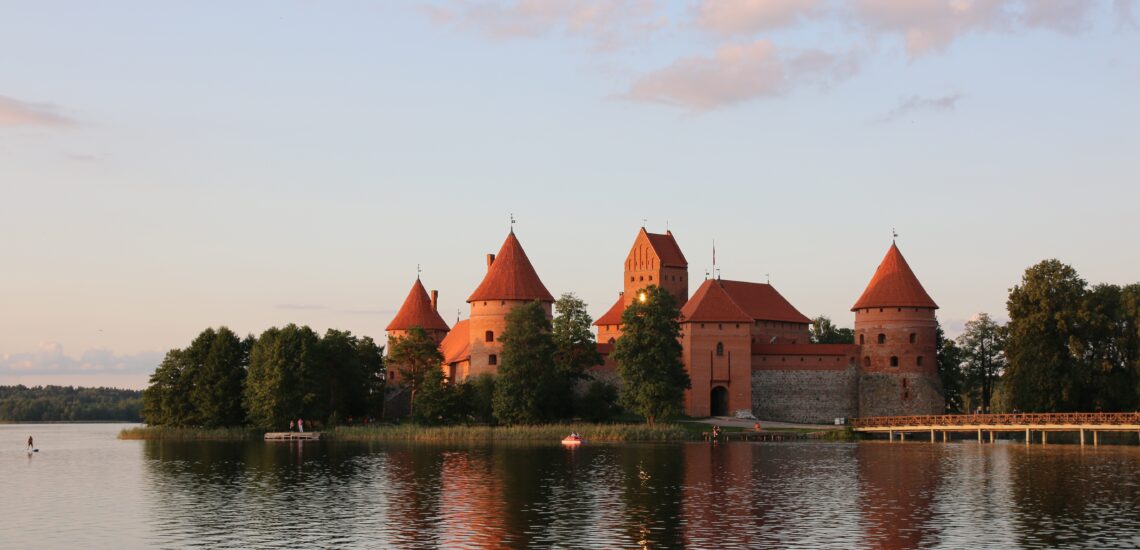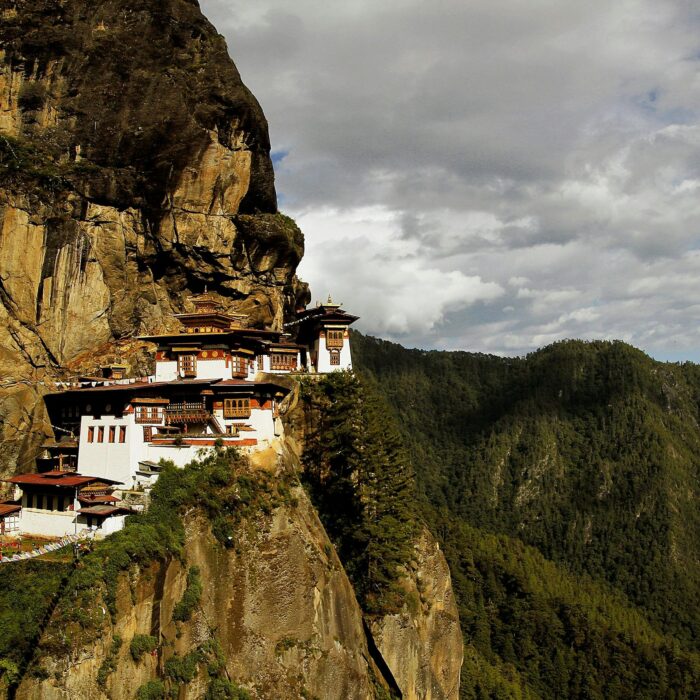Lithuania is a captivating destination that often flies under the radar of mainstream tourism, offering travelers a unique blend of medieval charm, natural beauty, and modern European sophistication. This guide will take you through the most remarkable experiences this Baltic nation has to offer, revealing its hidden treasures and must-visit destinations.
Cities That Will Steal Your Heart
1. Vilnius
Vilnius, the capital city, is nothing short of magical. Its UNESCO-listed Old Town is a labyrinth of cobblestone streets, baroque churches, and unexpected artistic corners. As I wandered through its narrow alleys, I was constantly surprised by the juxtaposition of medieval architecture and vibrant street art.
Must-Visit Spots in Vilnius:
- The Gate of Dawn: A historic chapel-gate with a miraculous painting that’s central to Lithuanian spiritual life
- Užupis District: Often called the “Republic of Užupis,” this bohemian neighborhood feels like a city within a city, complete with its own constitution and artistic spirit
- Gediminas’ Tower: Offering panoramic views that will take your breath away
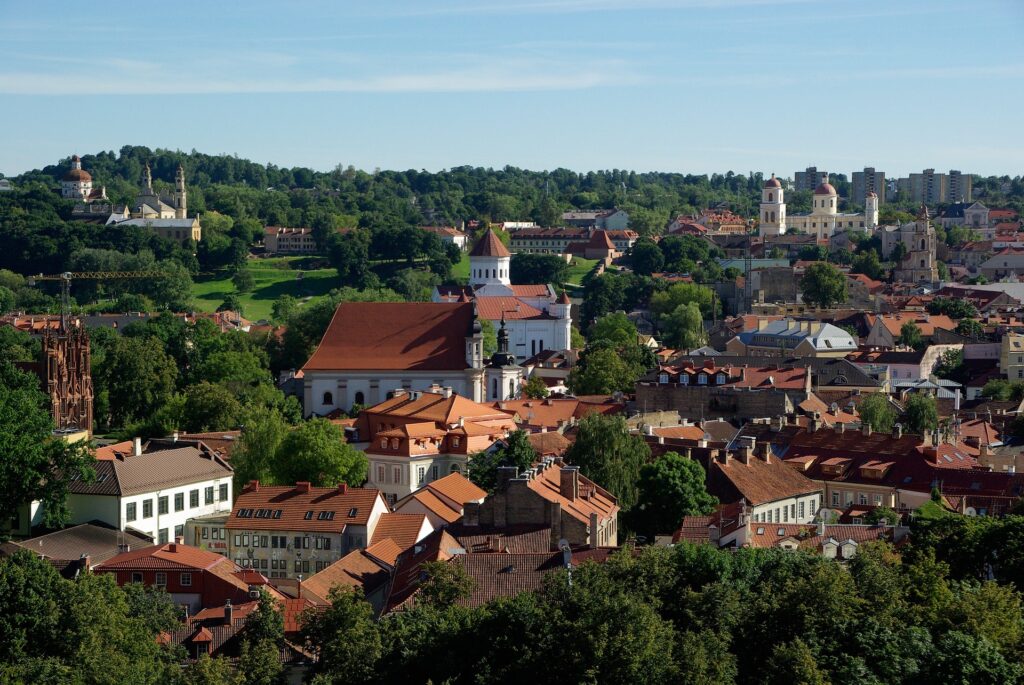
2. Kaunas
Kaunas offers a different flavor of Lithuanian urban life. Once the country’s temporary capital, it’s brimming with interwar architecture and a youthful energy from its numerous universities.
Highlights:
- Devil’s Museum: A unique attraction showcasing over 3,000 devil-themed exhibits
- Ninth Fort: A sobering memorial that tells the story of Lithuania’s tragic 20th-century history
- Laisvės alėja (Liberty Avenue): A vibrant pedestrian boulevard perfect for people-watching and café hopping
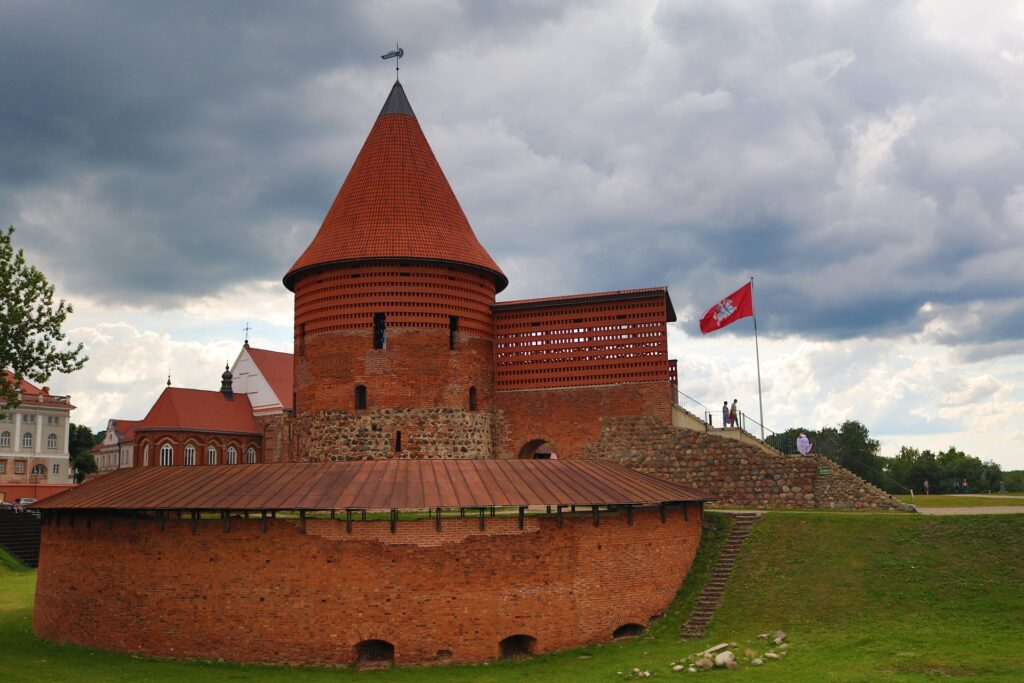
3. Klaipėda
This port city has a distinctly different feel, with strong Germanic influences and a maritime charm that sets it apart from other Lithuanian cities.
Don’t Miss:
- The Old Town’s unique half-timbered architecture
- Sea Museum and Dolphinarium
- Proximity to the stunning Curonian Spit (more on that in the natural wonders section)
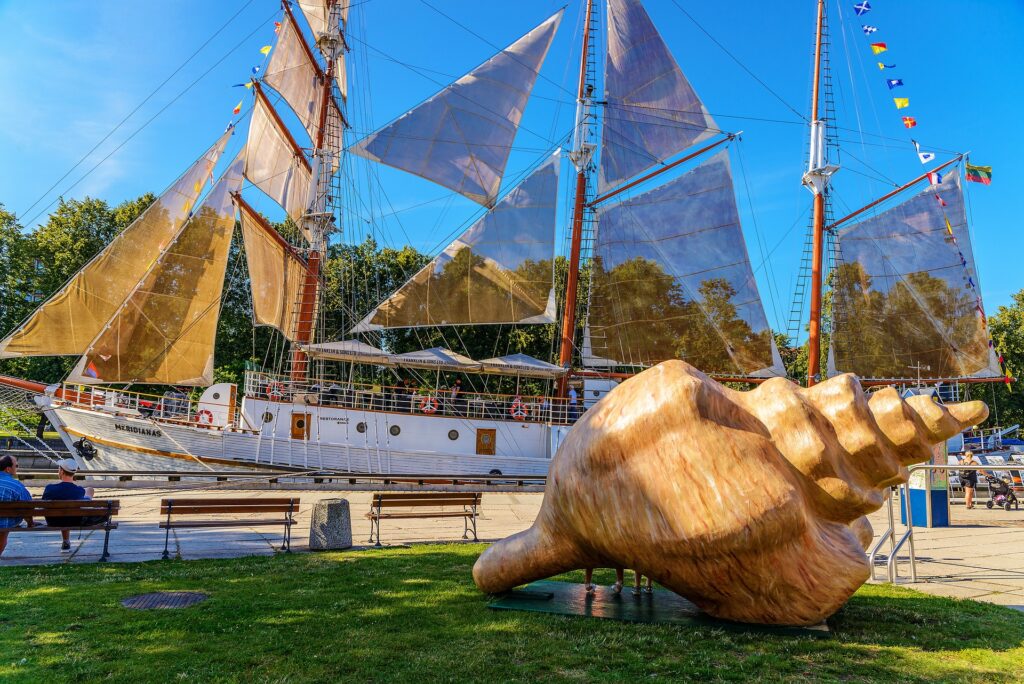
Natural Wonders That Will Leave You Breathless
The Curonian Spit: A Landscape Like No Other
This narrow sand dune peninsula is arguably Lithuania’s most breathtaking natural wonder. Stretching between Lithuania and Russia, it’s a UNESCO World Heritage site that feels almost otherworldly.
Seasonal Recommendations:
- Summer: Perfect for beach lovers, with pristine sandy shores and charming fishing villages
- Autumn: Incredible for photographers, with golden landscapes and migrating birds
- Winter: Serene and almost mystical, with snow-covered dunes and a stark beauty
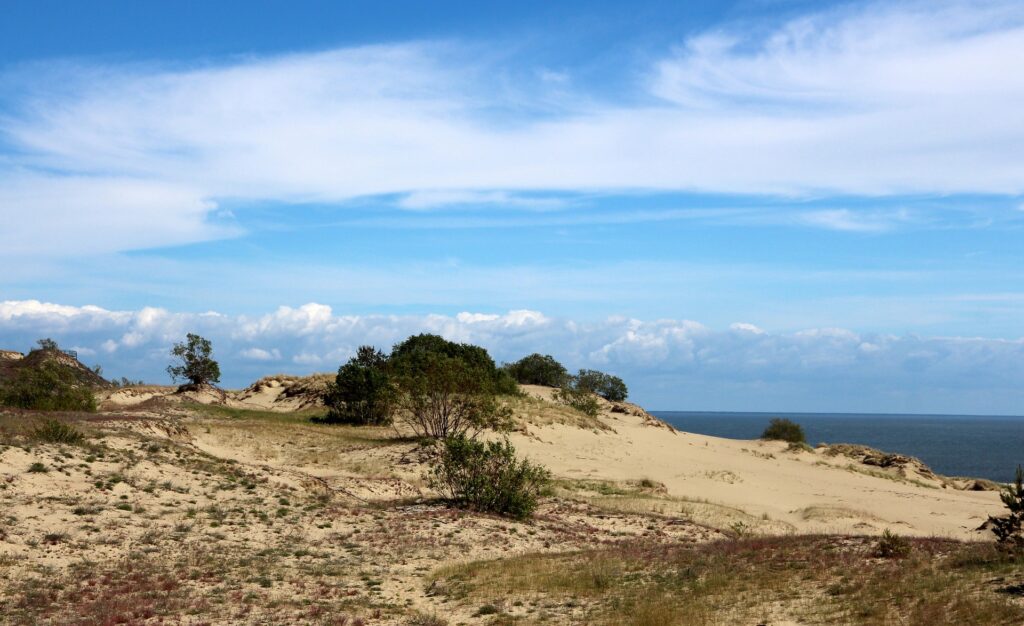
Aukštaitija National Park: Lithuania’s Green Heart
If you’re a nature enthusiast, this national park is your paradise. Covering nearly 406 square kilometers, it’s a wonderland of lakes, forests, and traditional Lithuanian countryside.
Unique Experiences:
- Traditional wooden windmills
- Ancient bee-keeping traditions
- Kayaking through interconnected lakes
- Hiking trails that seem to lead to forgotten worlds
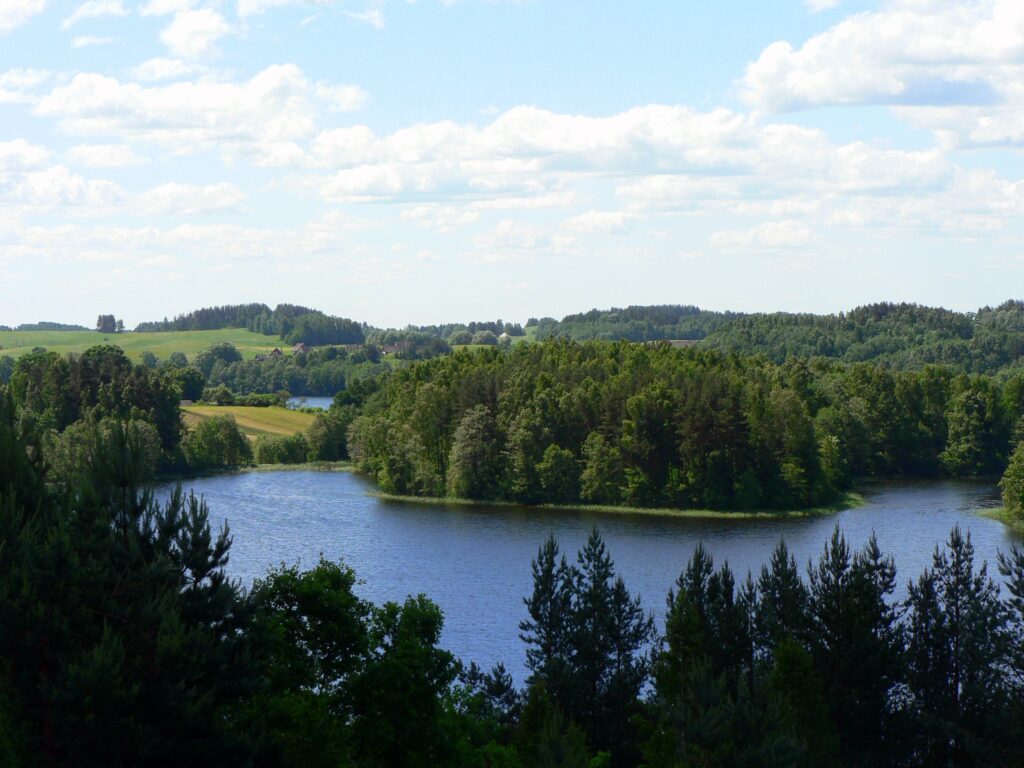
Historical and Cultural Landmarks
Trakai Island Castle: A Fairy Tale Come to Life
Trakai Island Castle, situated on an island in Lake Galvė near Vilnius, Lithuania, is a breathtaking 14th-century fortress that seems to belong in a storybook. Surrounded by serene waters, the castle served as a key political and military center during the Grand Duchy of Lithuania. Today, its well-preserved red-brick towers and walls create a striking contrast against the blue lake and lush greenery.
Visitors can explore the castle’s museum, which houses fascinating exhibits on Lithuanian history, or simply stroll through its picturesque courtyards. For a truly memorable experience, rent a kayak or take a boat tour to admire the castle from the water, especially during summer. Its unique blend of history, architecture, and natural beauty makes Trakai a must-visit for anyone traveling to Lithuania.
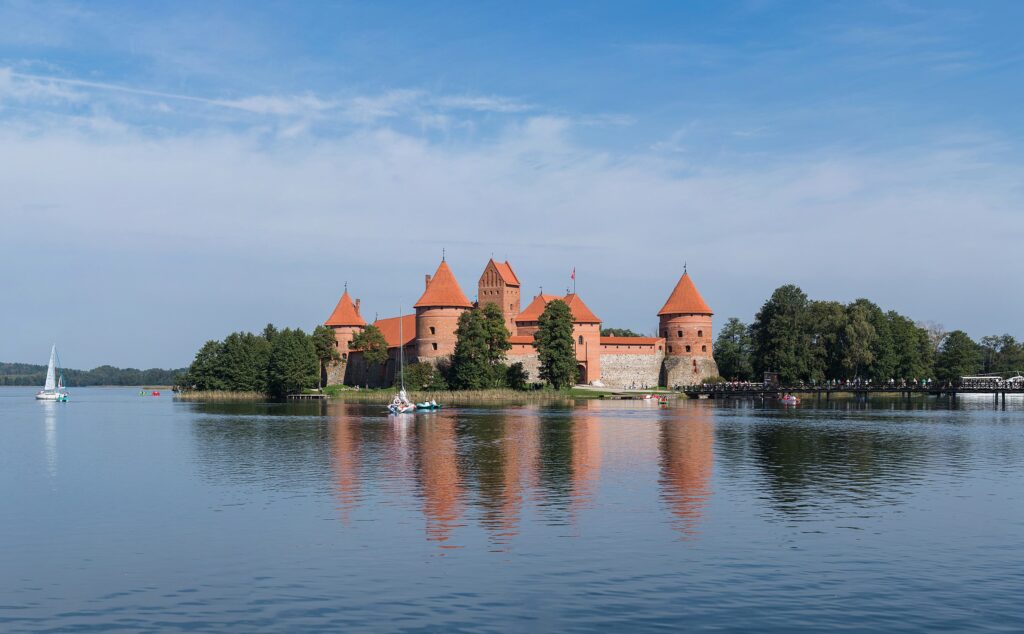
The Hill of Crosses: A Powerful Symbol of Resistance
The Hill of Crosses near Šiauliai, Lithuania, is one of the most poignant and unique pilgrimage sites in the world. Over 100,000 crosses of all sizes cover the hill, symbolizing the resilience and faith of the Lithuanian people. Originating as a site of resistance during Tsarist rule and later Soviet occupation, the Hill of Crosses grew as a silent protest and an enduring symbol of hope.
Walking through the site is a deeply emotional experience, with each cross carrying personal messages, prayers, or memorials. The quiet rustle of wind through the countless crosses enhances its spiritual atmosphere.
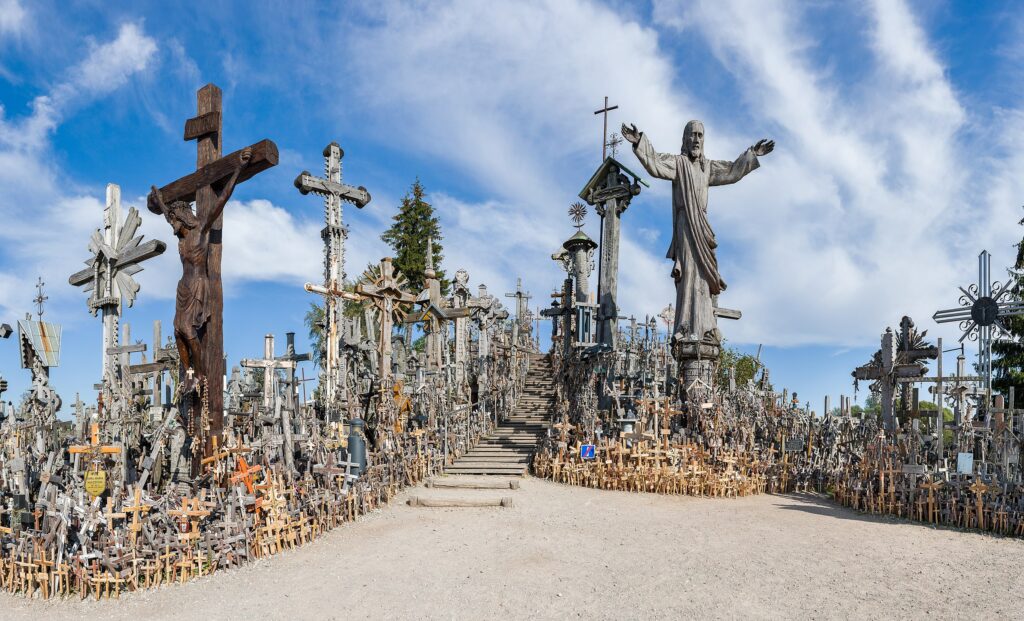
Hidden Gems
Rumšiškės Open-Air Museum
This extensive open-air museum offers a deep dive into traditional Lithuanian life. It features over 140 authentic buildings from different historical periods, including farmhouses, windmills, and chapels, relocated from across the country. Walking through its grounds feels like stepping back in time, with costumed staff often demonstrating crafts and rural traditions.
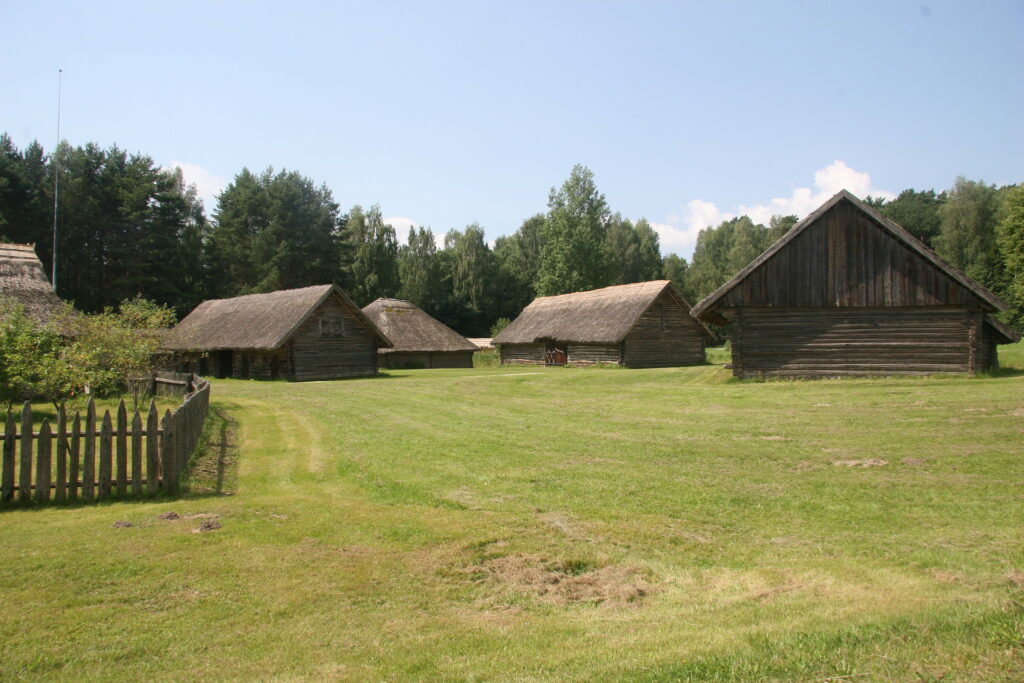
Pažaislis Monastery
Nestled by the Kaunas Reservoir, Pažaislis Monastery is a stunning example of baroque architecture. Built in the 17th century by the Camaldolese monks, the complex is adorned with intricate frescoes and sculptures. Despite its historical and architectural significance, it remains underappreciated by many tourists, making it a peaceful retreat.
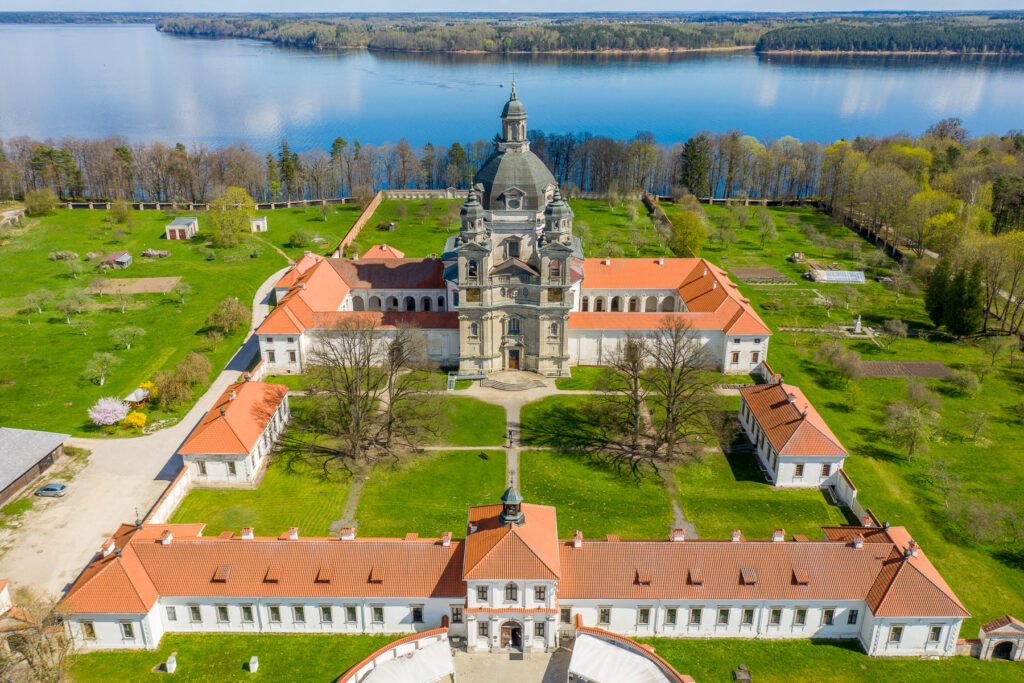
Kernavė Archaeological Site
As Lithuania’s first capital and a UNESCO World Heritage Site, Kernavė offers a fascinating glimpse into medieval Baltic history. Its mysterious hillfort mounds and archaeological remains are set in a picturesque valley along the Neris River. Visitors can explore reconstructed medieval settlements and enjoy panoramic views of the surrounding countryside.
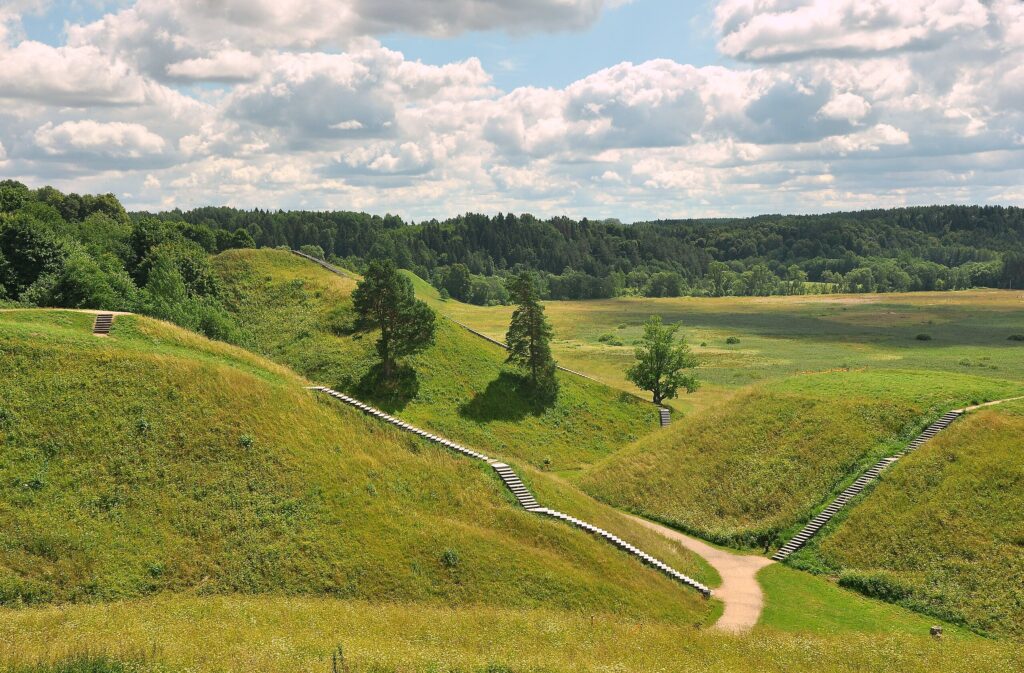
Practical Travel Tips
Getting Around
- Car Rental: Highly recommended for exploring beyond cities
- International Driving Permits: Required for non-EU drivers
- Road Conditions: Generally good, but be prepared for rural roads with fewer markings
Budget Considerations
Lithuania is relatively budget-friendly compared to Western European destinations:
- Accommodation: Expect to pay €30-€80 per night for mid-range hotels
- Food: Local restaurants offer meals from €8-€15
- Transportation: Affordable public transit and reasonable car rental rates
When to Visit
- Best Time: Late spring (May-June) and early autumn (September-October)
- Summer (July-August): Peak tourist season, warmest weather
- Winter: Beautiful but cold, great for those who love Christmas markets and winter sports
Final Thoughts
Lithuania is more than just a destination—it’s an experience that will challenge your preconceptions and leave you with unforgettable memories. From its rich history to its stunning landscapes, this Baltic gem offers something for every type of traveler.

Published December 01, 2024 • 6m to read

